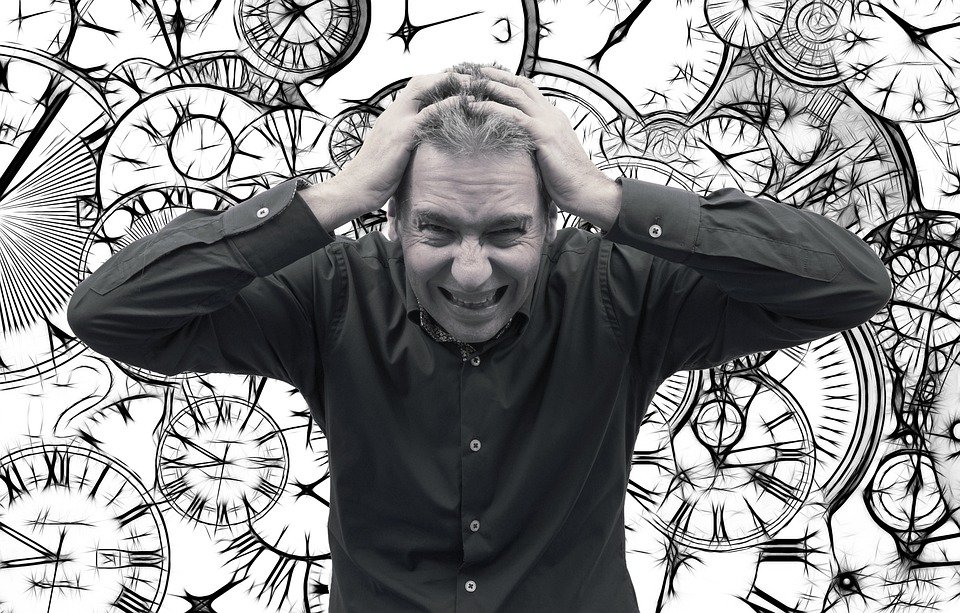Unveiling the Secrets: The Mesmerizing World of Magicians
Magicians have always captivated audiences with their ability to perform mind-boggling tricks and illusions. Their skill in manipulating the human mind and creating illusions that seem to defy the laws of nature is truly mesmerizing. In this article, we will delve into the mysterious world of magicians, uncovering the secrets behind their tricks, and exploring the psychology that makes their performances so captivating.
The History of Magic
The art of magic dates back centuries, with its origins rooted in ancient civilizations such as Egypt, Greece, and China. Magicians were revered as mystics and sorcerers, believed to possess supernatural powers. In more recent times, magic shows gained popularity in the 19th century with the rise of vaudeville and variety theater.
One of the most iconic figures in the history of magic is Harry Houdini. Known for his daring escape acts, Houdini became a sensation in the early 20th century. His performances left audiences spellbound, as he seemingly defied the laws of physics to escape from handcuffs, straitjackets, and even water-filled tanks.
The Secrets Behind the Tricks
While magicians are masters of deception, their tricks are not truly supernatural. They rely on a combination of sleight of hand, misdirection, and psychology to create illusions that seem impossible to explain. Let’s explore some of the common techniques used by magicians:
Sleight of Hand
Sleight of hand is the art of manipulating objects secretly, usually by using dexterity and quick hand movements. Magicians use this technique to make objects appear, disappear, or change in form right in front of the audience’s eyes. Skilled magicians spend years practicing these maneuvers to create seamless illusions.
Misdirection
Misdirection is the act of diverting the audience’s attention away from the secret move or action that enables the trick. Magicians are experts in directing the audience’s focus towards something else, such as a gesture, a prop, or a flashy movement. By exploiting the limitations of human perception, magicians can make the impossible seem possible.
Psychological Manipulation
Magicians understand the psychology of human perception and use it to their advantage. They exploit our cognitive biases and tendencies to make us see what they want us to see. For example, they might use subtle verbal cues or body language to influence our choices, making us believe that we have free will when, in reality, they have guided us towards a predetermined outcome.
The Psychology of Magic
Understanding the psychology behind magic tricks can enhance our appreciation for the art form. Magicians rely on several psychological principles to create illusions that leave us in awe:
Confirmation Bias
Confirmation bias is our tendency to interpret information in a way that confirms our preconceived beliefs. Magicians exploit this bias by presenting us with a plausible explanation for their trick, leading us to overlook alternative explanations that would reveal the truth.
Attentional Blink
Attentional blink refers to our limited ability to perceive and remember stimuli that appear in rapid succession. Magicians take advantage of this phenomenon by performing quick movements or changes during the attentional blink, making it nearly impossible for us to catch the secret move.
Change Blindness
Change blindness is the failure to notice changes in our visual field when they occur gradually or during a distraction. Magicians use this principle to switch objects or manipulate props right under our noses, knowing that our attention is focused elsewhere.
FAQs about Magic
Q: Are magicians using real magic?
A: No, magicians do not possess supernatural powers. They are skilled performers who use a combination of techniques, such as sleight of hand and misdirection, to create illusions.
Q: Can anyone become a magician?
A: Yes, anyone can learn magic tricks and become a magician with enough practice and dedication. However, becoming a master magician requires years of training and honing of skills.
Q: How do magicians keep their secrets?
A: Magicians are committed to preserving the mystery and wonder of their performances. They take great care to keep their tricks and techniques a secret, often relying on a code of ethics within the magic community.
Q: Are there any dangers involved in performing magic tricks?
A: Some magic tricks can be dangerous if not performed correctly. Escape acts, for example, can pose risks if the magician fails to escape in time. Professional magicians undergo extensive training to ensure their safety and the safety of their audience.
Q: Can magic tricks be explained?
A: Yes, most magic tricks can be explained once the techniques and principles behind them are revealed. However, knowing the secret behind a trick does not diminish its impact. The artistry and skill involved in performing magic are what make it truly captivating.
Conclusion
The world of magicians is a fascinating one, filled with mystery and wonder. Behind their mesmerizing performances lie years of practice, skillful deception, and a deep understanding of human psychology. By unraveling the secrets behind their tricks, we gain a deeper appreciation for the art form and the incredible talent of magicians.

